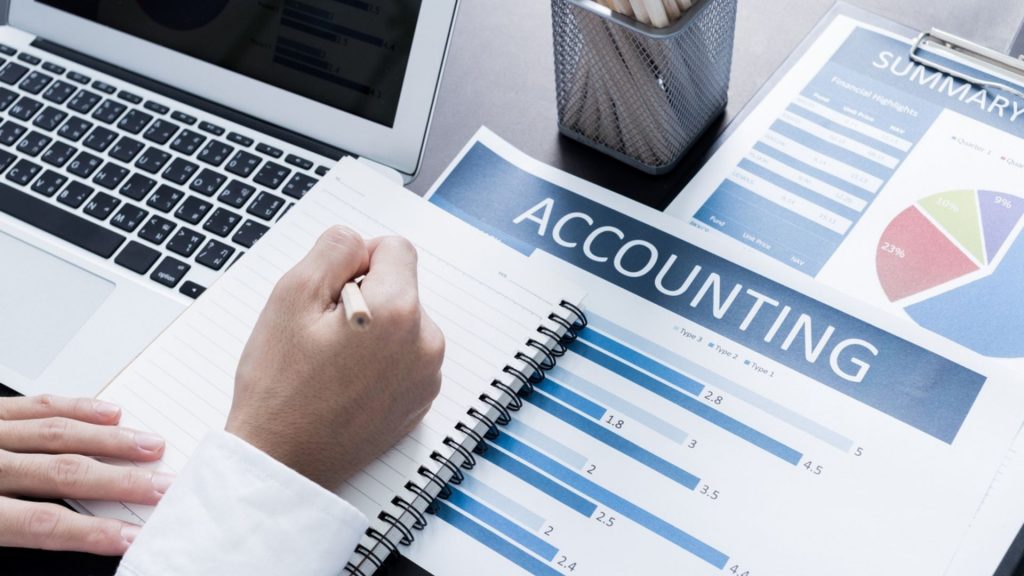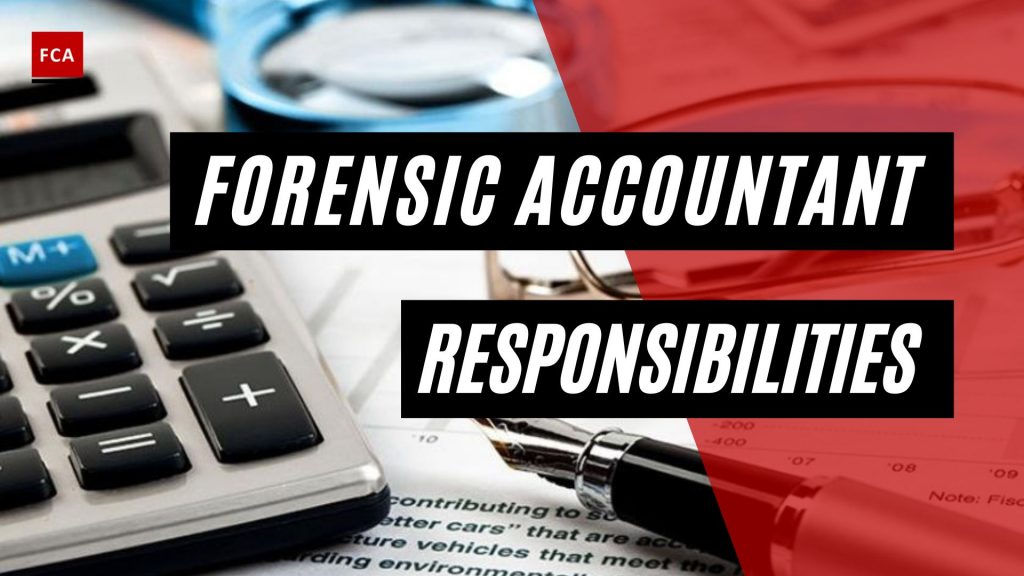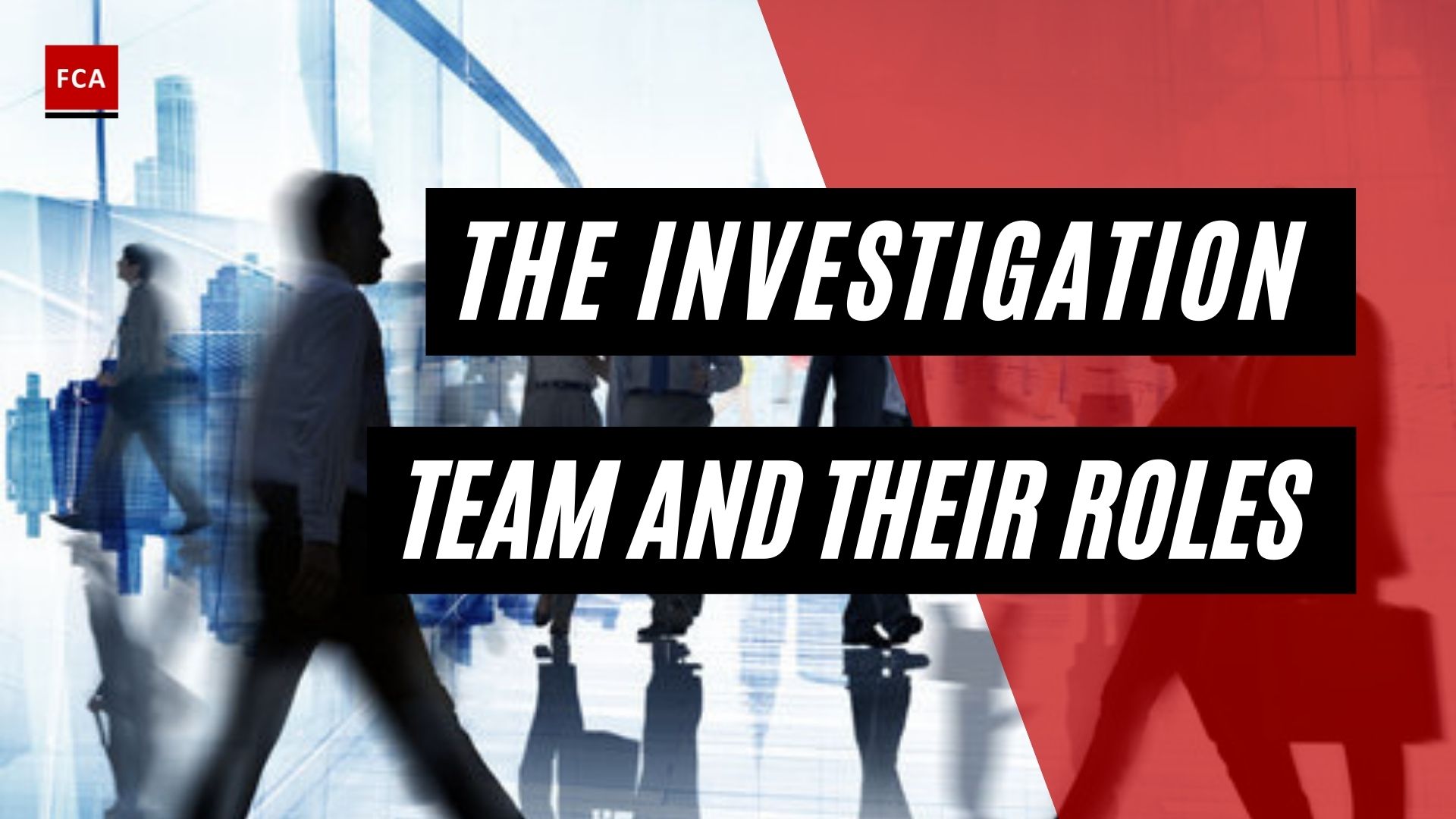Forensic accountant responsibilities. Many aspects of forensic accounting fall outside the traditional education, training, and experience of accountants. These include the ability to identify frauds with minimal initial information. Forensic accountants are expected to identify the scheme and how the fraud was perpetrated and effective procedures to prove or disprove the fraud. The forensic accountant must quickly identify the financial issues significant to the matter when presented with a situation generated by a complaint, allegation, rumor, inquiry, or statement of claim.

Forensic Accountant Responsibilities
Accounting, auditing, and analytical skills are combined by forensic accountants to investigate companies accused of financial misconduct. They investigate financial crimes, present reports on their findings, and may be called as expert witnesses in court. They must be able to clearly explain the nature of the crime in court.
Duties and responsibilities:
- Investigating financial data from a company suspected of engaging in fraudulent activity
- Assembling and analyzing evidence of criminal activity
- Financial data interpretation and evaluation
- Conducting interviews with personnel in order to uncover and collect evidence
- Creating a criminal hypothesis based on the information.
- Presenting the findings of the investigation to the appropriate personnel
- Recommending actionable steps to address and prevent future fraud incidents.
- Preparing documentation and evidence for court presentation.
- Clearly and professionally presenting evidence of financial irregularities to court members.
- Explaining the research findings in layman’s terms and disclosing investigative methods and procedures
Knowledge Of Investigative Techniques
Further information and documents must be obtained to assist in either refuting or supporting the allegation or claim when the issue has arisen. In dealing with criminal matters, the primary concern is to develop evidence around motive, opportunity, and benefit. In litigation support, it is imperative to ensure that the proper foundation exists for the calculation of loss.
Knowledge Of Rules Of Evidence
The forensic accountant must not only understand what constitutes evidence but how to investigate to ensure that evidence will not be compromised. Forensic accountants should also understand the types of financial evidence and accounting reports that are admissible in court.
Interpretation Of Financial Information
It is unusual for a transaction or a series of events to have only one interpretation. Transactions must be viewed from all aspects to ensure that the ultimate interpretation fits with common sense and business reality.
Presentation Of Findings
The ability to communicate the findings of an investigation in a fashion understandable to the layperson is imperative. The role of the forensic accountant as an expert witness is the final test of the findings in a public forum and requires above-average communication skills in distilling financial information in a manner that the average person can understand, comprehend, and assess to reach a sound conclusion.

A forensic accountant will be using different analysis tools:
Social Network Analysis
This means connections between individuals.
Temporal Analysis
This includes modeling relationships over time (transaction flow diagrams, timelines).
Inferential Analysis
This consists of establishing lines of argument leading up to the final proposition one is trying to prove/disprove.
Computer-Assisted Techniques
It involves data mining software, statistical software, and spreadsheets. New, more sophisticated programs are being used in the process of analyzing data to identify patterns or relationships that may not have previously been apparent. Computer forensic techniques are now commonplace as part of financial investigations.
Forensic Accounting Careers
Forensic accountants are fortunate to have a variety of entry-level opportunities available to them. In contrast to other accounting careers, forensic auditors typically perform the same functions throughout their careers, progressing from analyst to manager to supervisor/senior consultant. Compensation typically starts around $50,000 and rises with professional certification, education, and years of experience, with senior level auditors earning up to $150,000.
The Association of Certified Fraud Examiners (ACFE) Certified Fraud Examiner (CFE) and the American Institute of Certified Public Accountants (AICPA) Certified in Financial Forensics Credential are the two most widely recognized certification options available to forensic accountants (CFF).
Final Thoughts
As a forensic accountant, you will use your accounting knowledge to investigate financial discrepancies and inaccuracies such as fraud, financial misrepresentation or misconduct, and disputes.
Accounting, auditing, and investigative skills are all required for the position. You will conduct thorough investigations to uncover information, identify specific irregularities in financial documents and reports, quantify the exact losses, and track down and recover illegitimate funds. You’ll report your findings, including reconstructions and insights into how activities were carried out.








